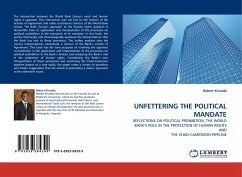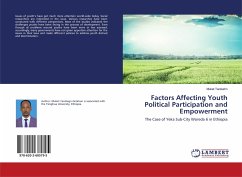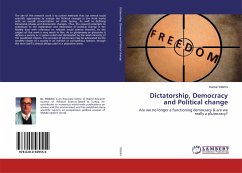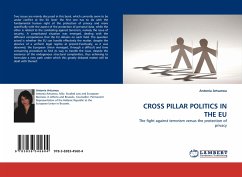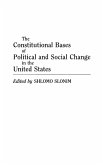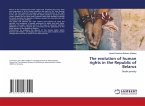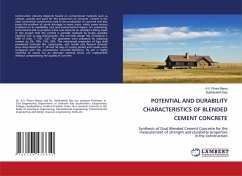The intersection between the World Bank Group's work and human rights is apparent. This intersection was not lost on the framers of the Articles of Agreement and other constituent charters of the World Bank Group. The Bank Group's approach to the human rights question is discernible from its application and interpretation of the provisions on political prohibition in the execution of its mandate. In this book, the author historically and chronologically examines the interpretations that the Bank has lent to these provisions. The author explains why the various interpretations necessitate a revision of the Bank's articles of Agreement. This book has the twin purposes of resolving the apparent contradiction in the application and interpretation of the provisions on political prohibition in the Bank's Articles and analyzing the Bank's role in the protection of human rights. Considering the Bank's own interpretation of these provisions and examining the Chad-Cameroon pipeline projectas a case study, the paper raises a variety of questions and makes suggestions that are aimed at presenting a clearer approach to the attendant issues.
Bitte wählen Sie Ihr Anliegen aus.
Rechnungen
Retourenschein anfordern
Bestellstatus
Storno

